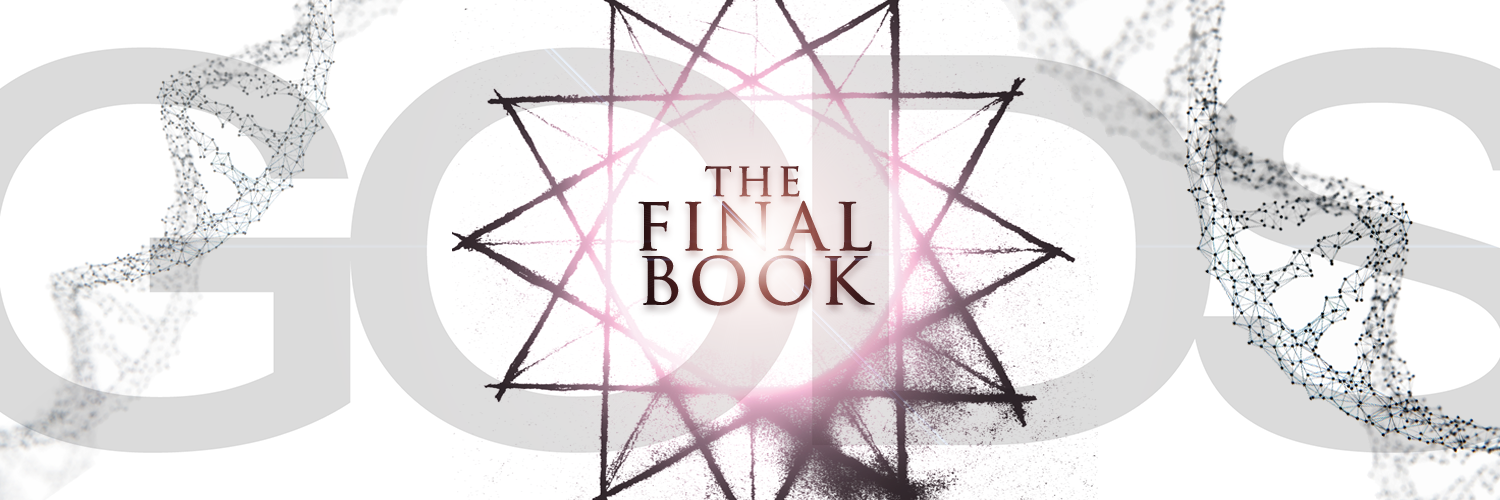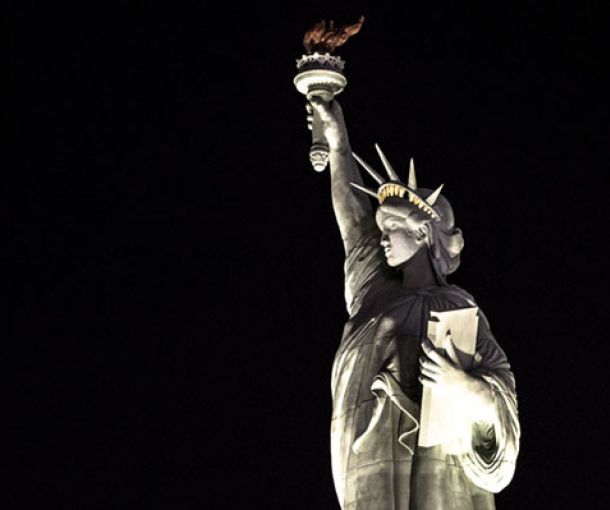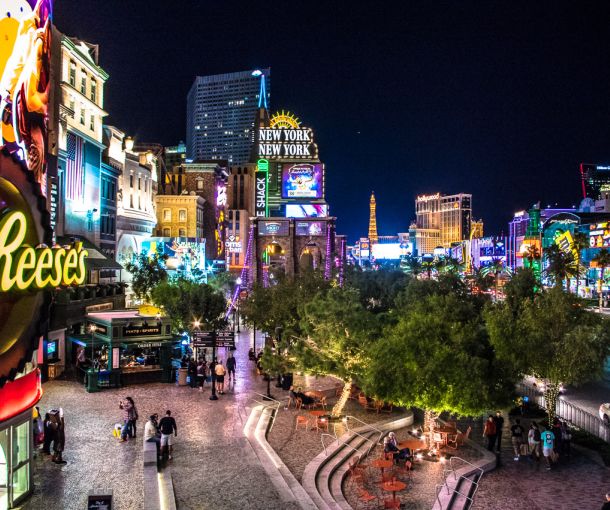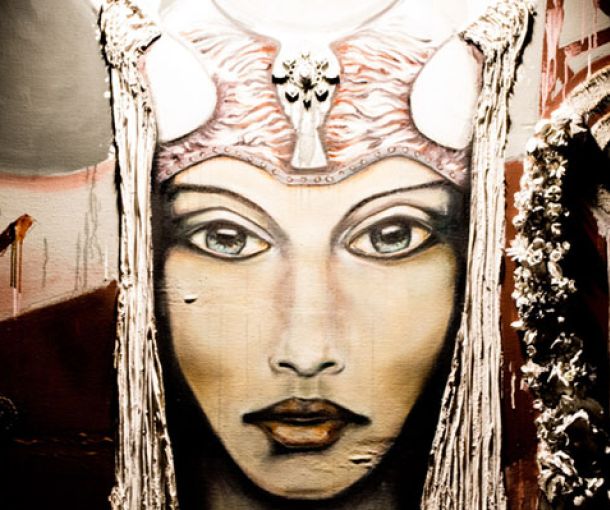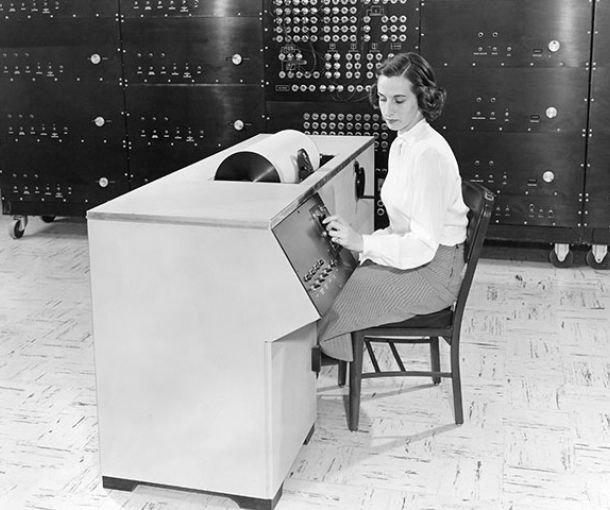2016 Election - The Separation of Culture and State
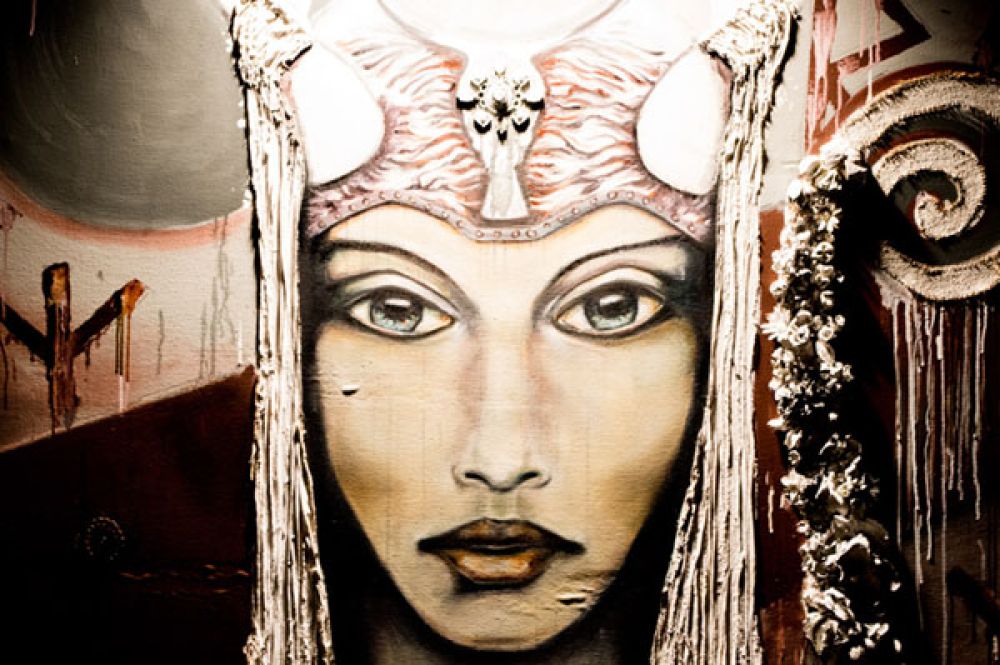
The 2016 Presidential Election has been challenging. An understatement, obviously.
Not only has it challenged our democratic system and the strength of our union, but it has also touched our citizens personally. Deeply. It’s widely complex. Not just debatable on the way we interpret facts and policy, but also how we are choosing to represent our civilization.
Our government, intentional or not, has become more than a government. It’s the organization we look to as a society that sets the tone of how our culture is supposed to be lived. The things we value. The ideology we pass down. The fundamentals we set and lead by as an example to the rest of the world.
Our government was never intended to be a social and civil barometer of civilization. When we were being founded, we barely squeaked out a war over the world’s largest empire. We were not a super power. We were not the world’s leader. We were not the idealistic posterchild of democracy, freedom, or opportunity. However, the small government our founding fathers created—filled with restrictions of power and checks and balances—allowed us to become the greatest society in the history of man.
Some people still view our government as an isolated entity that fixes roads, defends borders, and propagates capitalism. In their view, government has very little place in mandating cultural and social issues. Those problems are for our society to solve and abstractly work out on their own, not to be legislated by our government. There is a lot a validity in this position—it worked extremely well for a period of time and many can argue it is the reason why our country rose to such greatness. Just as we have a separation of church and state, we used to legislate under the assumption of a separation of culture and state.
That assumption worked fine when our leaders represented essentially the same group of people. Or, more accurately, when they limited and ignored voices different from themselves. The government wasn’t systemically racist or sexist, but rather ambivalent. While the Constitution fosters blind justice, there were no consequences to alienating, objectifying, or subjugating a portion of the population by the people interrupting it. Democracy forced our government and the people who ran it to change—our nation demanded social legislature which became protected under our Constitution. Societal issues such as labor rights, women’s suffrage, equality, the civil rights movement—made our government much more than an institution of road workers and soldiers. The combination of brilliant democratic architecture created by the founding fathers and our ability to recognize inalienable human rights has made the United States the pinnacle of human civilization. Our government, our democracy, is the center point of civilized society and at this moment in time, all echoes from it.
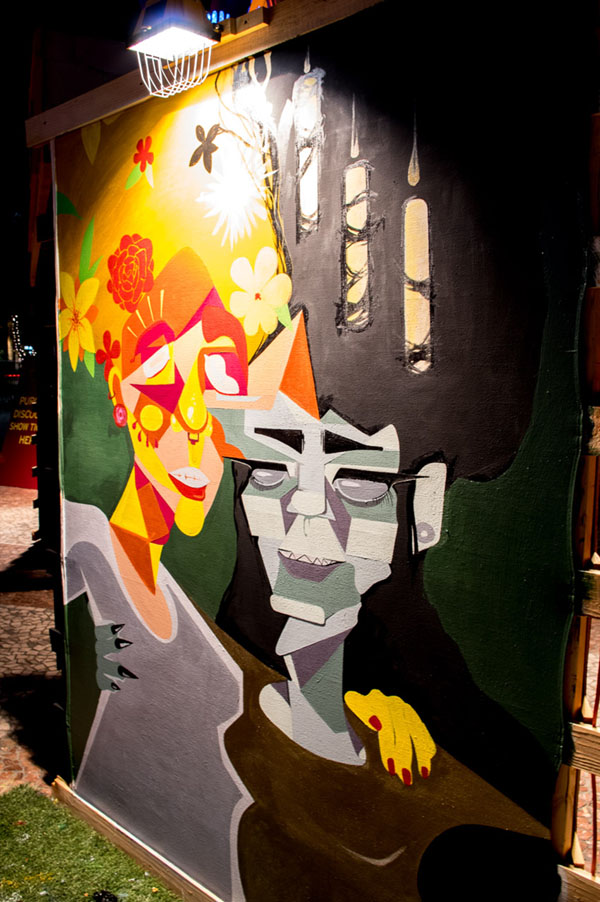
Whether or not we are continuing the same vision of government the founding fathers originally intended is debatable, however it was designed to always evolve and change. The structure of our government survived the culture war. The type of government we have today has very little separation of culture and state, and culture now largely dictates the way we legislate on a daily basis. From foreign policy, state’s rights, federal spending, public safety nets, down to which bathroom you’re allowed to use. The same people who decide our national budget are the same group who decides if the LGBT community deserves consideration. Because of this, it is more important than ever that we have multiple voices, opportunities, and a diverse group of constituents working within and leading our government. The government has become the institution that propels our society—rather than one that manages it. Our government now sets the standard of acceptable behavior. In theory, we have become a version of democratic socialism. While that may be difficult for some to swallow, every party has made concessions in the name of social justice—which is the right thing to do.
Because our culture has become so entwined with our government, many felt that the symbolism of the 2016 Election was more important than the actual candidate. America held a mirror to themselves and the person we chose to look back at us was Donald Trump. Beyond his policy and practice—his ability—the image we see staring back at ourselves is a greedy megalo-billionaire with racial tendencies that objectifies women. In fairness, Hillary was an extremely weak candidate and her only compelling quality was what her gender represented. Symbolically, on both sides of the coin, neither candidate was who many of us wanted to be. We were deeply disturbed to think that either candidate is how our neighbors wanted to see themselves. Objectively, neither candidate accurately represented any majority in this country. Subjectively, it became a vote of distain rather than persuasion.
In the end—symbolically, historically, and culturally, Donald Trump is now the man who speaks for us. Democratically, I accept that.
I have to, I want to, and I’m proud to accept our new President because the system works. This country—our social institution—has longevity. It will be around to serve us as long we allow it to be. Dismantling it because you don’t approve of the choice that your fellow citizens made is not a problem or symptom of a failed government, but rather one of our culture.
We have the greatest government ever known to mankind—but do we have the best society?
We’ve all seen where our education ranks amongst the world, we see the trash on the internet, we know some Native Americans still don’t have electricity and running water, we watch black men being shot for no reason, we allow Chicago to continue to report more casualties than our battlefields, we know our food is processed poison, we know that what we do has an impact on the environment…
Our society is not dependent upon our government, but our government is dependent upon our society.
If we solve these problems, the democracy we’ve created will allow our elections to reflect that. It always has.


